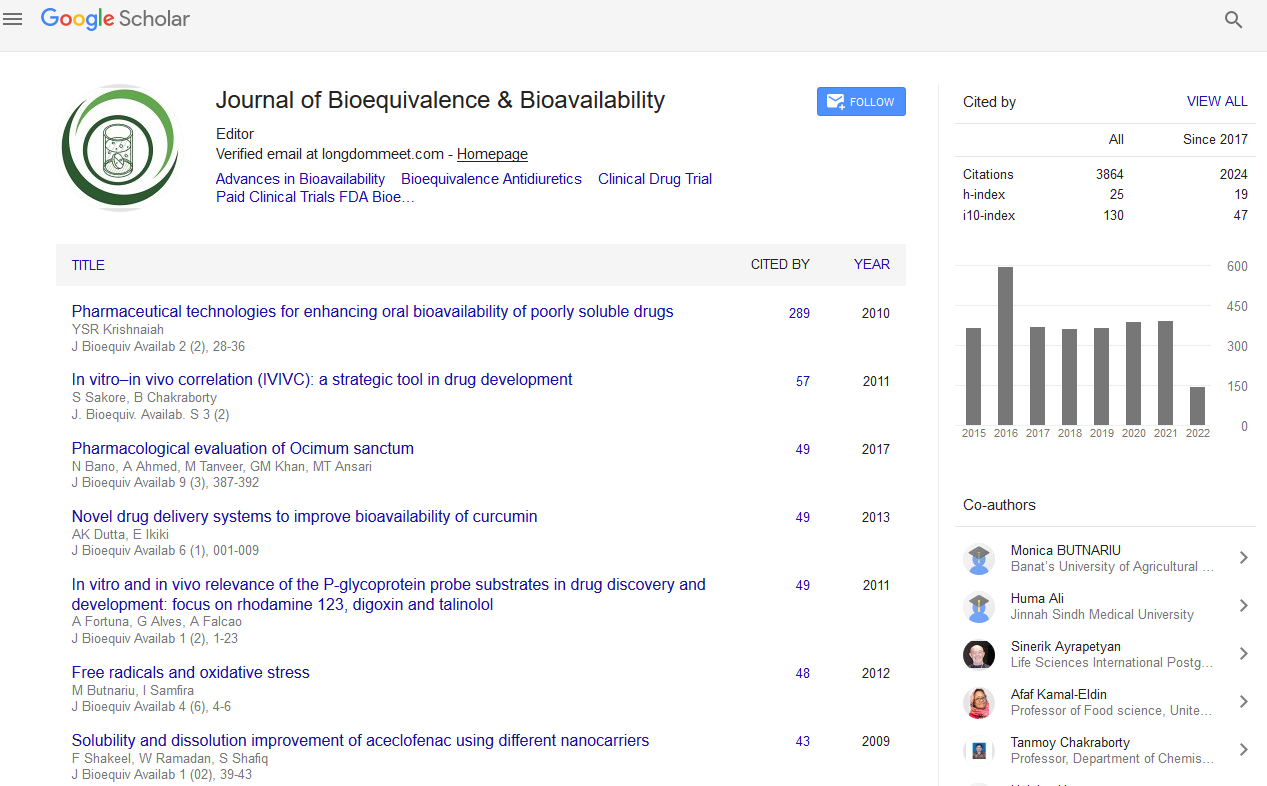PMC/PubMed Indexed Articles
Indexed In
- Academic Journals Database
- Open J Gate
- Genamics JournalSeek
- Academic Keys
- JournalTOCs
- China National Knowledge Infrastructure (CNKI)
- CiteFactor
- Scimago
- Ulrich's Periodicals Directory
- Electronic Journals Library
- RefSeek
- Hamdard University
- EBSCO A-Z
- OCLC- WorldCat
- SWB online catalog
- Virtual Library of Biology (vifabio)
- Publons
- MIAR
- University Grants Commission
- Geneva Foundation for Medical Education and Research
- Euro Pub
- Google Scholar
Useful Links
Share This Page
Journal Flyer

Open Access Journals
- Agri and Aquaculture
- Biochemistry
- Bioinformatics & Systems Biology
- Business & Management
- Chemistry
- Clinical Sciences
- Engineering
- Food & Nutrition
- General Science
- Genetics & Molecular Biology
- Immunology & Microbiology
- Medical Sciences
- Neuroscience & Psychology
- Nursing & Health Care
- Pharmaceutical Sciences
Discovery of novel scaffolds for p21-activated kinase 4 inhibitors targeting C- terminal
6th World Congress on Bioavailability & Bioequivalence: BA/BE Studies Summit
August 17-19, 2015 Chicago, USA
Dongmei Zhao, Chenzhou Hao, Shuai Song, Jing Guo, Qiaoling Zhang and Maosheng Cheng
Scientific Tracks Abstracts: J Bioequiv Availab
Abstract:
P21-activated kinases (PAKs) are a family of serine/threonine kinases that act downstream of Rho GTPases, Rac and Cdc42. PAKs
play a critical role in cytoskeletal organization, cell cycle progression, migration and invasion, and cell survival. PAK4, as the
principal member of group II PAKs, mainly regulate its functions via a kinase domain in the C terminal, where all of the existing PAK4
inhibitors target. In this study, a series of novel 1-phenanthryl- tetrahydroisoquinoline analogues have been designed and synthesized
as a novel class of small-molecule PAK4 inhibitors to fit into the cavity of PAK4. All of the target compounds were evaluated for their
in vitro PAK4 inhibitory activities and antiproliferative activities. Its affinity to C-termini of PAK4 was confirmed by BSA (Biotin-
Streptavidin assay). Furthermore, this compound inhibits the invasion and migration of A549 tumor cells by regulating PAK4-Lim
domain kinase 1 (LIMK1)-Cofilin signaling pathways in vitro, and exhibits anti-tumor activity in vivo in the A549 tumor xenografts
model.


